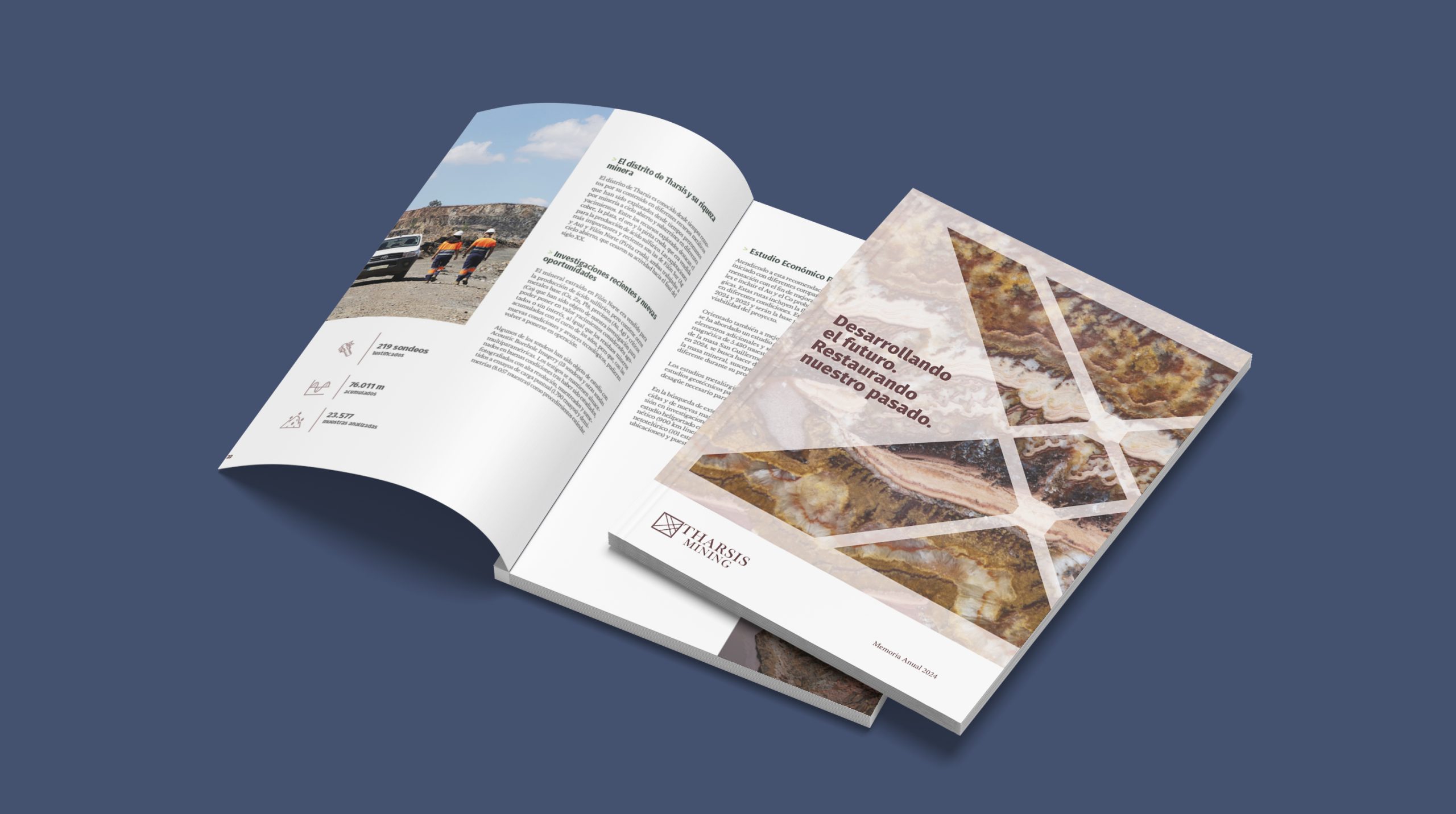Magtel participates in the European project Fic-Fighters

Magtel is participating in the European project Fic-Fighters, which aims to demonstrate a circular and systemic solution for the regeneration of seven local phosphogypsum stockpiles in Europe. The project brings together key stakeholders to cooperate in a transdisciplinary manner to achieve a solid and efficient solution targeting five economic sectors: batteries, packaging, construction, detergents, and fertilizers.
To this end, a pilot plant will be constructed, operating with two different approaches to valorize up to 700 tons of phosphogypsum per year. The project kick-off meeting took place on June 11 in Seville.
Magtel contributes to this innovative circular economy initiative through its R&D&I Division, supporting design and engineering, leading the construction of the mobile pilot plant with renewable energy, and assisting in its operation (WP3 – NAOH route validation at TRL7).
In this context, Magtel leads the construction, assembly, commissioning, and start-up of the pilot plant, while Tharsis Mining is responsible for operating and validating the mobile pilot plant, managing the products obtained, and handling shipments to end users. The University of Seville, with extensive experience in pilot-scale demonstrations of new chemical engineering processes, leads the sampling, characterization, and intermediate-scale validation work. It also supports Magtel and Tharsis Mining in process validation, sample analysis, and results interpretation.
Other partners in this Horizon Europe project include the coordinating entity IDENER, Captura CO2, Persán, Cementos Cruz, CSIC, SCK (Belgium’s Nuclear Research Center), CIUDEN, Fraunhofer IKTS, and Åbo Akademi University, among a total of 26 partners.
The project duration is 48 months, scheduled to run until the end of May 2028.
Horizon Europe is the European Union’s framework program for research and innovation (R&I) for the period 2021–2027. Like its predecessor, Horizon 2020, it is the main instrument to implement EU R&I policies. The program’s overall objective is to generate scientific, technological, economic, and social impact from EU R&I investments, strengthening scientific and technological foundations and fostering competitiveness across all Member States. The program has a budget of €95.517 billion over seven years.

Tharsis Mining presents the 2024 Activity Report


